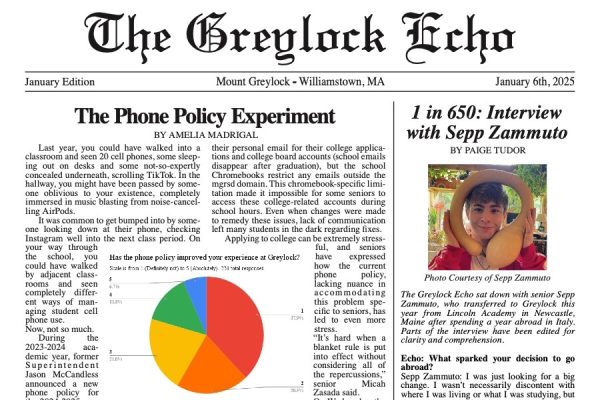Some Races Settled, Some Not in Midterm Elections
Almost two weeks after the midterm elections, several races have been newly settled, while some remain undecided. On November 12, the US Senate race in Arizona ended when it was determined that Democrat Kyrsten Sinema beat Republican Martha McSally in a tight race with a lead of 1.7%, becoming the first Democratic senator since 1994, according to BBC. A few Senate races were finalized late last week, including Georgia and Florida, as well as a gubernatorial one in Florida.
Last week In Georgia, Democrat representative Stacey Abrams refused to concede against Republican Brian Kemp through filing a federal class-action lawsuit for a chance to become the first female African-American governor in United States history. Abrams wanted all provisional and absentee ballots counted as she believed that there are enough votes left that could pull Kemp below the majority. On Friday, Abrams recognized Kemp’s win in the race. However, she was sure to note that she was not conceding, as conceding would indicate that she thought that the result was right. According to Abrams, the voter suppression that Kemp has been accused of means that while he might be technically the winner by law, this does not mean that the election was in any way proper or “right.”
Similarly, Florida’s final results were quite delayed. In an extremely tight senate race, it was determined that Republican governor Rick Scott held a 13,000 vote lead over Senator Bill Nelson out of 8.2 million votes cast earlier last week. After a manual recount, Nelson conceded the race. As for the governor’s race, Republican Ron DeSantis had taken the win and was recognized by his opponent, Andrew Gillum, as the victor until the race became notably close. A manual recount, however, left DeSantis as the clear winning candidate.
On November 27, a run-off vote will take place in Mississippi between Republican Cindy Hyde-Smith, who was appointed early in the year, and Mike Espy. Hyde-Smith, who seemed much more likely to win in a state that hasn’t elected a Democratic senator since 1982, has garnered attention since a video of her telling a supporter she’d be “on the front row” if he invited her to a “public hanging.” This event has made her campaign, in which she is facing a black man, even more racial, considering Mississippi’s history with lynchings.
All in all, Democrats have increased their House gains to a net of 34 seats. The blue wave that Democrats hoped for has certainly arrived. In fact, according to NPR, “it’s the most House seats gained by Democrats since the wave election following Watergate.”
On top of the record-breaking voter turnout, many historic firsts have resulted from this election in the form of Kyrsten Sinema, the first openly bisexual woman in the Senate who just happens to be Arizona’s first female Senator; Ayanna Pressley, the first black congresswomen; Jared Polis, who is the first openly gay man elected governor; Deb Haaland and Sharice Davids, the first Native American women elected into Congress; Alexandria Ocasio-Cortez, the youngest women ever elected to Congress, and numerous others.
Editor’s note: A more general story regarding the November 2018 Midterm Elections was published in the November 16 print issue of the Greylock Echo.







